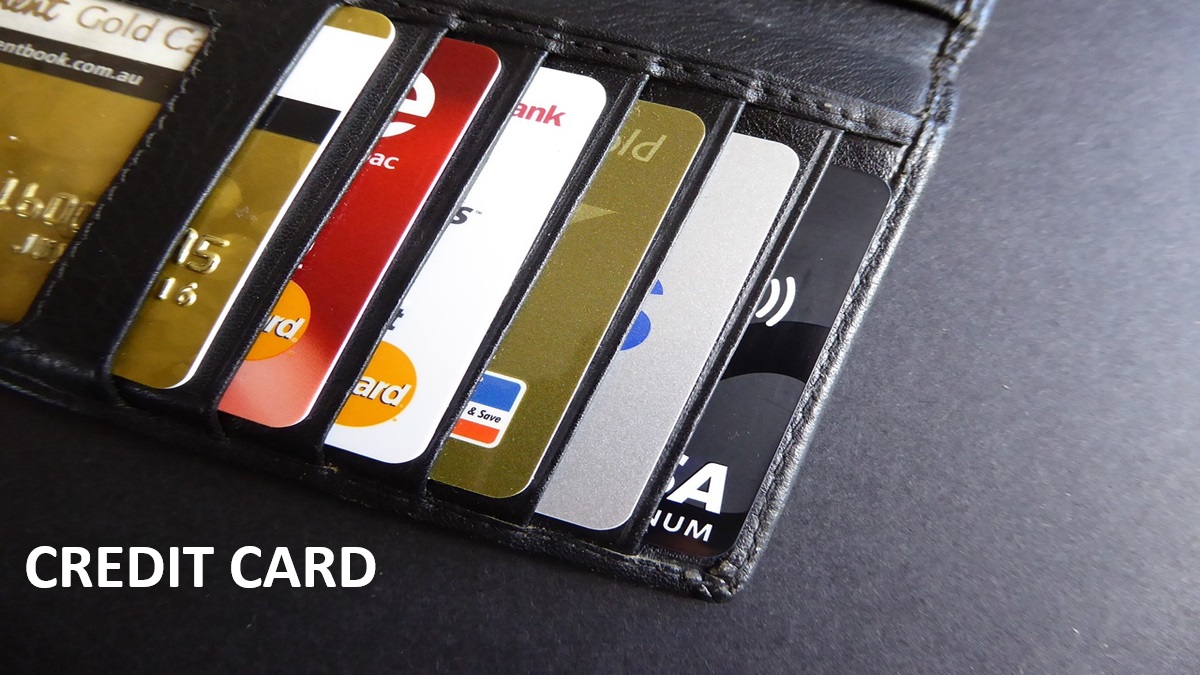TheFinQ.com is designed to be your one-stop destination for everything related to cards, loans, and investment products across India. We help you compare and choose the best financial products that suit your needs, including:

You might think, “I’ve got a good credit score, so getting a credit card should be easy.” Right? Well, not always. Many people are surprised when their credit card application gets rejected despite having an excellent credit score. It feels unfair and confusing. But the truth is, credit card issuers consider many other factors besides your score before they approve your application.
In this article, we’ll break down all the possible reasons why your credit card application could be denied even when you have a solid credit score. We’ll also help you understand how to improve your chances next time.
Before we dive into the reasons for rejection, let’s understand how banks or credit card companies review your application. When you apply for a credit card, the bank looks at multiple things:
So, having a good credit score helps, but it’s not the only deciding factor. Banks assess your overall financial behaviour, not just one number.
One of the most common reasons for rejection is a high credit utilization ratio. This means you’re using a large portion of your available credit.
For example:
If you have a credit limit of ₹1,00,000 and you regularly use ₹70,000 or more, your utilization is 70%. Ideally, it should be under 30%.
Why it matters:
Even if you pay your bills on time, a high utilization ratio may signal to banks that you’re financially stressed or over-reliant on credit.
Applying for multiple credit cards or loans within a short time can hurt your chances.
Why?
Each application leads to a “hard inquiry” on your credit report. If there are too many, lenders might think you are desperate for credit or going through a financial crisis.
Even if your score is unaffected, the pattern of frequent applications is enough to scare off some lenders.
Banks want to be sure that you can repay what you borrow. If your reported income is too low, or if your job is not stable, your application could be rejected.
Even with a good score, they may think:
Sometimes, the problem is as simple as a small mistake on your application.
Common issues include:
Such errors can automatically result in rejection. Always double-check your application before submitting.
Banks also check how much total credit you already have. If you already have multiple credit cards or active loans, a new card might seem unnecessary or risky.
Example:
Even if you have a good score, holding 5-6 cards can make banks worry about how you’ll manage all your repayments.
Your credit score may be high because you’ve paid one loan on time, but your credit history could still be short. Lenders usually prefer customers with a longer track record of credit use.
If you’ve only had credit for a year or two, banks may hesitate to approve a new card, especially if it’s a premium one.
Credit card issuers design cards for specific customer types. Some cards are meant for high-income professionals, some for travellers, and others for people with a strong credit history.
Even if your score is great, if you don’t fit the profile of a particular card, your application could be rejected.
Believe it or not, banks often prefer giving credit cards to their existing customers. If you already have a savings or salary account with the bank, it builds trust.
Not having a relationship with the bank might work against you, especially if you’re applying for their high-end credit cards.
Some banks avoid issuing credit cards to applicants living in locations they consider risky due to high default rates or fraud cases.
Even though this is beyond your control, it’s one of the silent reasons many people face rejections.
Have you ever been rejected or defaulted on any loan or card in the past? Even if it was years ago and your credit score has improved since then, some banks still keep this history in mind.
Old records in internal databases can come back to haunt you.
Sometimes, your CIBIL or credit report may not reflect your most recent financial improvements.
Example:
Maybe you cleared a loan last month, but it still shows as “active” on your report. This delay in update can affect your application status.
Always check your credit report before applying and raise a dispute if you find incorrect entries.
If you’ve been rejected despite a good credit score, don’t worry. Here’s what you can do:
You can also consider applying for a secured credit card (against a fixed deposit) to boost your chances.
A good credit score is definitely important, but it’s not a golden ticket to getting approved for every credit card. Banks consider several other factors, including your income, job stability, credit usage, and even where you live. Understanding these criteria helps you avoid surprises and prepares you to apply smartly.
So the next time your credit card application gets rejected, don’t panic. Take a step back, review your profile, fix the issues, and try again—this time, with more confidence and better preparation.